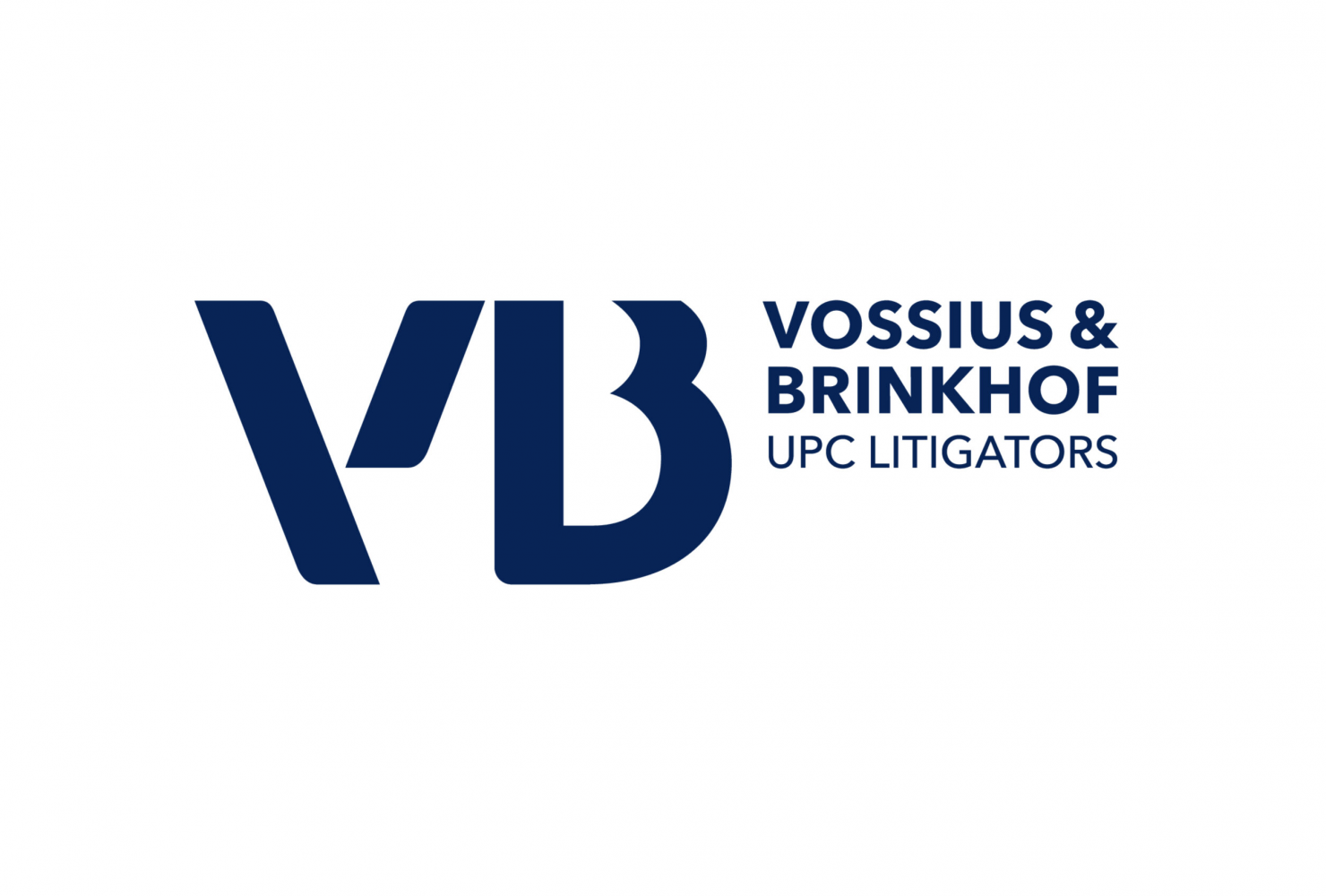
Wij zijn Brinkhof, een in Nederland gevestigd Europees advocatenkantoor met een sterk accent op innovatie, technologie en marktregulering.
UPC samenwerking Brinkhof en Vossius

UPC samenwerking Brinkhof en Vossius
Brinkhof en Vossius hebben de krachten gebundeld om gezamenlijk de nieuwe uitdagingen van de UPC (Unified Patent Court) en de UPC-geschillen aan te gaan. Met deze sterke combinatie van twee internationale procespraktijken zorgen we ervoor dat het UPC-systeem ten goede komt aan onze cliënten.
Onze gezamenlijke UPC-teams hebben de benodigde omvang en internationale kennis en ervaring om effectief te opereren binnen dit nieuwe Europese systeem.

Rechtsgebieden

Over Brinkhof
Wat anderen over ons zeggen
"A good, compact law firm which is pragmatic and provides good advice."
Chambers and Partners Europe"Brinkhof combines strong legal expertise with knowledge of the market and high sensitivity towards internal company politics."
Chambers Europe"the lawyers are bold in making business decisions and we have confidence in their work."
Chambers Europe
















